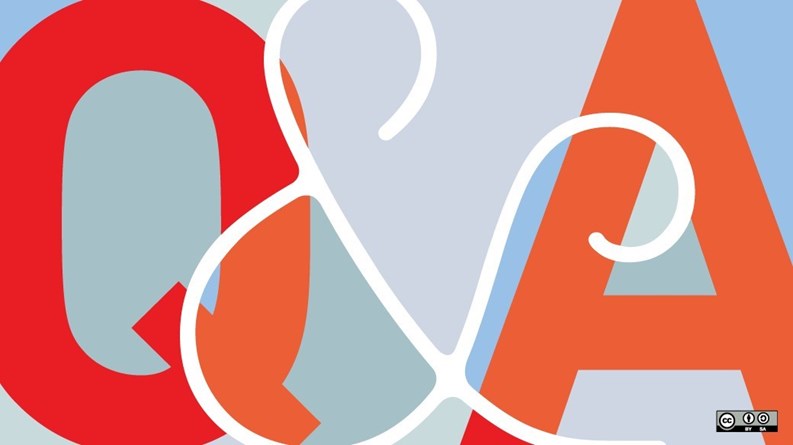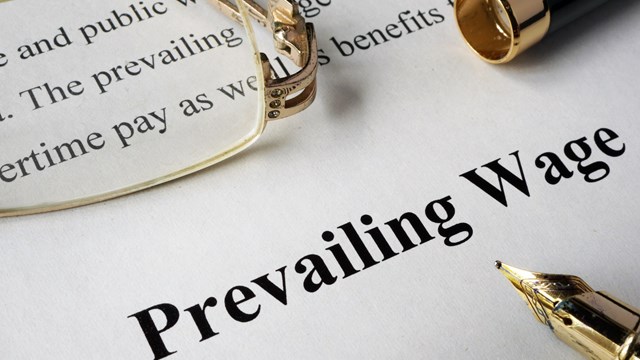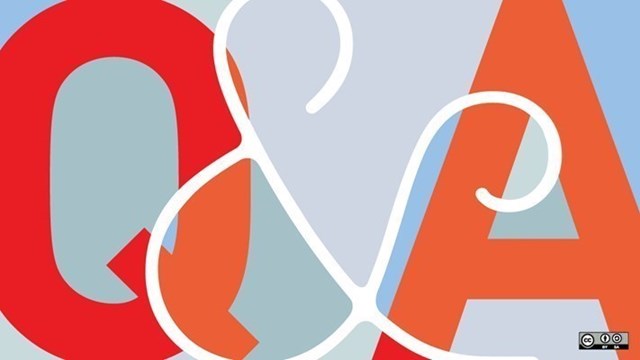—Money for Nothing
“The New York State School Tax Relief Program (STAR) is a tax relief program offering two levels of benefits, Basic STAR, which has no age restriction, and Enhanced Star, which is for eligible senior citizens. Eligible homeowners receive a property tax reduction for property used as a primary residence. The Senior Citizen Rent Increase Exemption (SCRIE) Program and Disability Rent Increase Exemption (DRIE) Program each offer eligible low-income senior citizens an exemption from rent increases, which in some cases may result in a reversion to rent paid under a previous lease or rent order.
“The owner of the building receives a tax abatement credit, which is generally a dollar-for-dollar property tax credit against the real estate property taxes from the New York City Department of Finance to reimburse the owner for the loss of rental income. The New York City Department of Finance does not issue checks to tenants for the tax abatement credit. Rather, the amount of the credit is deducted directly from the owner’s real estate property tax bill. Further, an owner does not ordinarily issue a check to a tenant unless it is determined that the tenant is entitled to a retroactive rent adjustment once the New York City Department of Finance issues an approval order granting the tenant’s application to enroll in the SCRIE or DRIE Program.
“Generally, it is unlawful for the owner to collect or attempt to collect from the tenant any payment for rent that is more than the SCRIE or DRIE authorized rent while a valid approval order is in effect. However, if a tenant is concerned that he or she is paying rent or other specific charges in excess of the amount set in the approval order, the tenant may contact New York State Homes and Community Renewal and file a written complaint.”







Comments
Leave a Comment